Common symptoms of a sinus infection include: Postnasal drip (mucus dripping down your throat). Runny nose with thick yellow or green mucus. Stuffy nose. Facial pressure (particularly around your nose, eyes and forehead). This might get worse when you move your head around or bend over. Pressure or pain in your teeth.. Less common causes of nosebleeds include: nasal, sinus, face, or eye surgery. foreign bodies in the nose. nasal polyps or tumors. inflammatory conditions. high blood pressure. holes in the septum.

How to Soothe a Sore and Irritated Nose After Frequent Blowing YouTube

What happens if you blow your nose too hard? Ohio State Health & Discovery
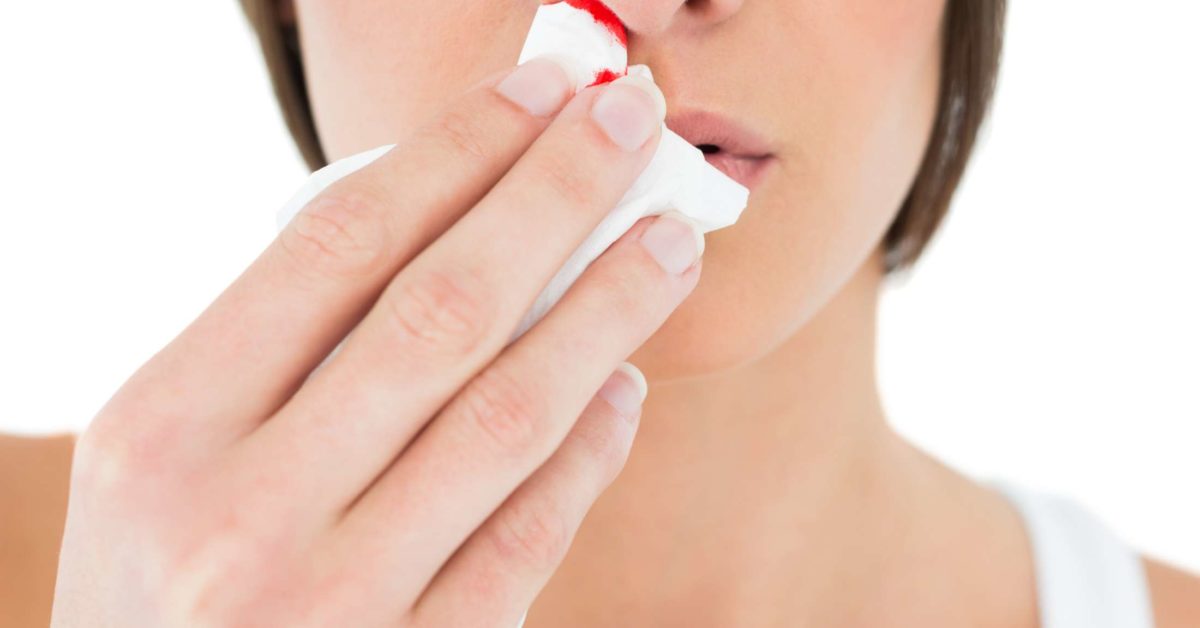
Blood when blowing nose Causes and treatments

When you have a cold and it hurts to blow your nose because it's red and sore!

What to do if my child has COVID19 symptoms Midtown Pediatrics Pediatricians in Toronto
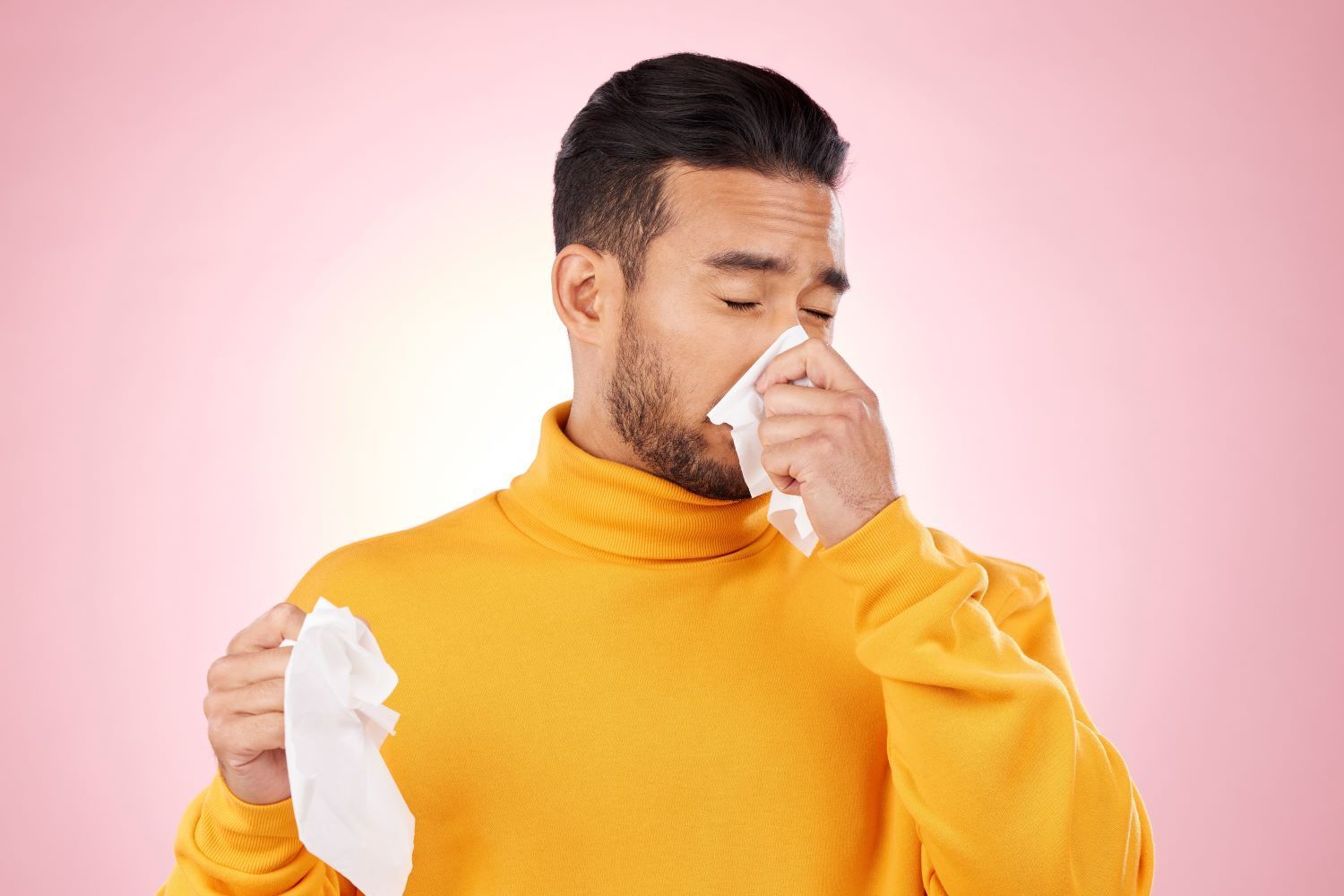
Why Your Nose Hurts

How Do You Teach Your Toddler To Blow Nose Nose Blowing YouTube

Woman with chronic nose pain realises she’s spent nearly 40 years with a Tiddlywink up her nose

How to Soothe a Sore and Irritated Nose After Frequent Blowing

child blowing nose stock photo Wake Forest Pediatrics
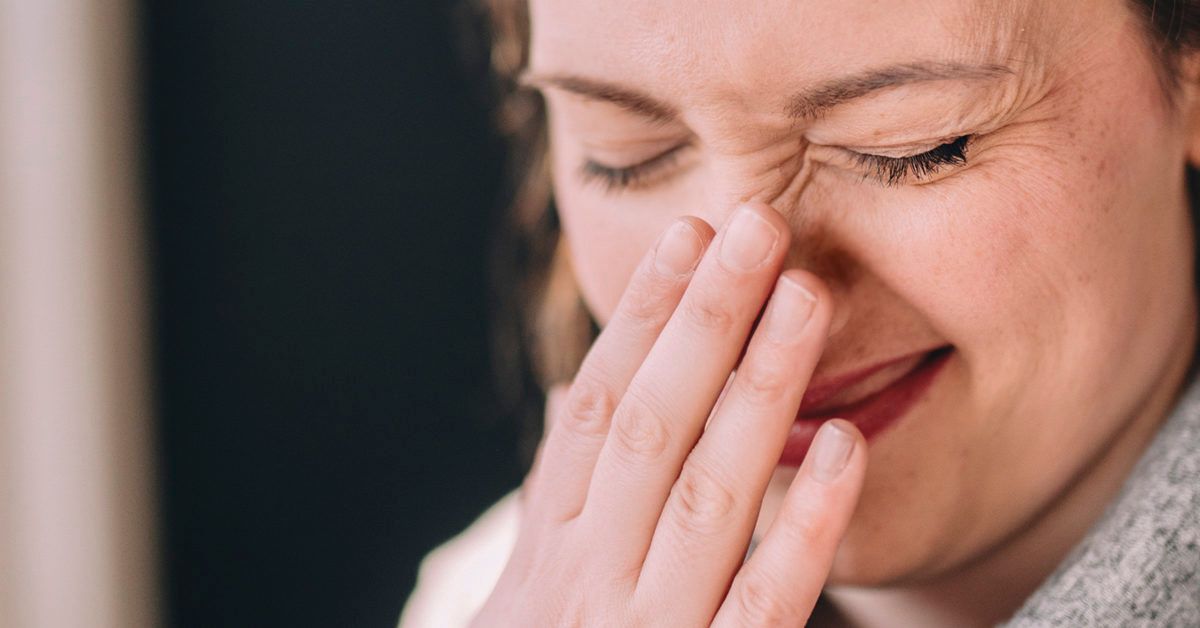
Bruised Nose Causes, Symptoms, and Treatment

Did You Know You Could Be Blowing Your Nose In A Wrong Way? Know How To Do It Correctly
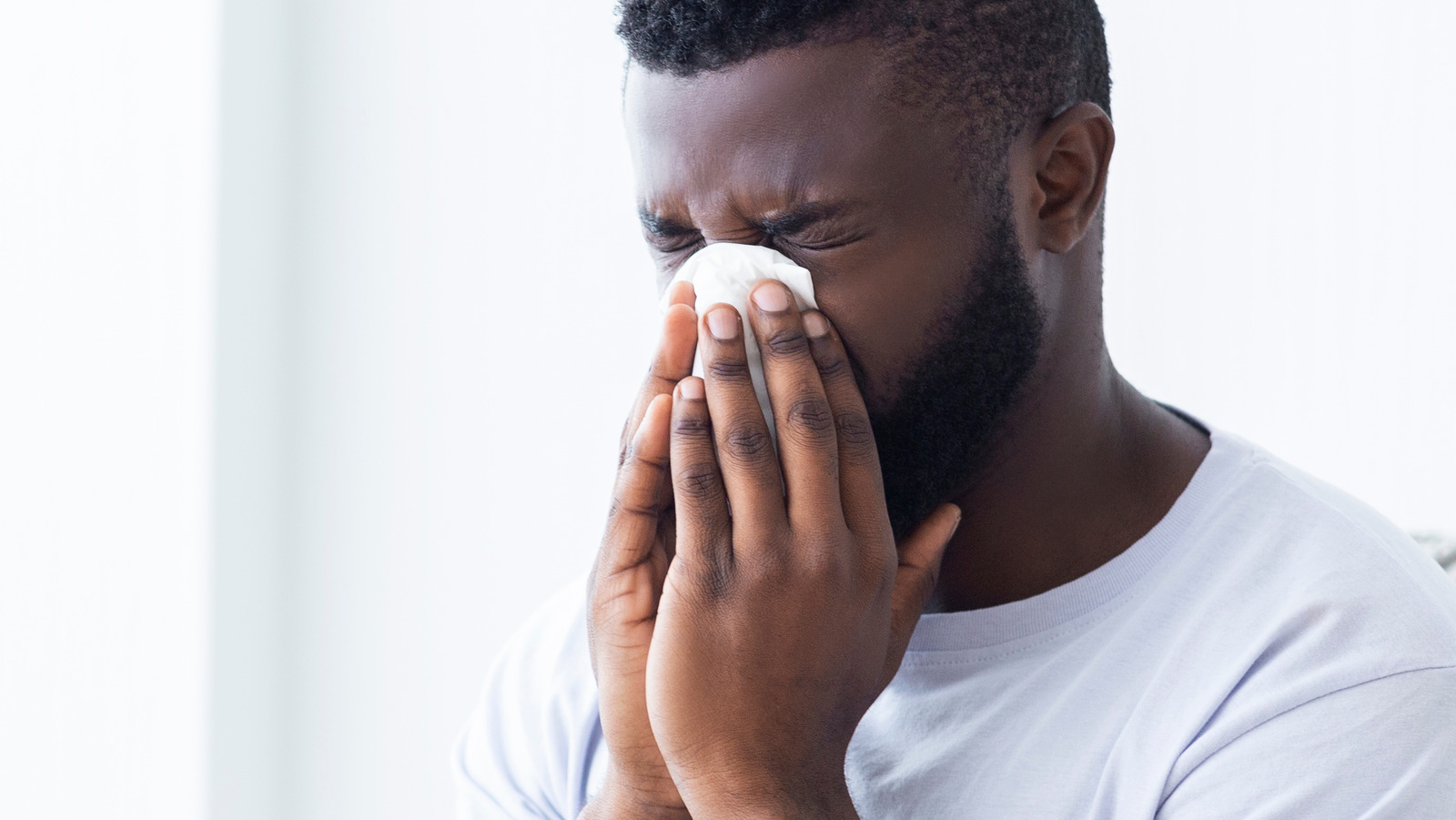
Surprising Side Effects Of Blowing Your Nose Too Hard
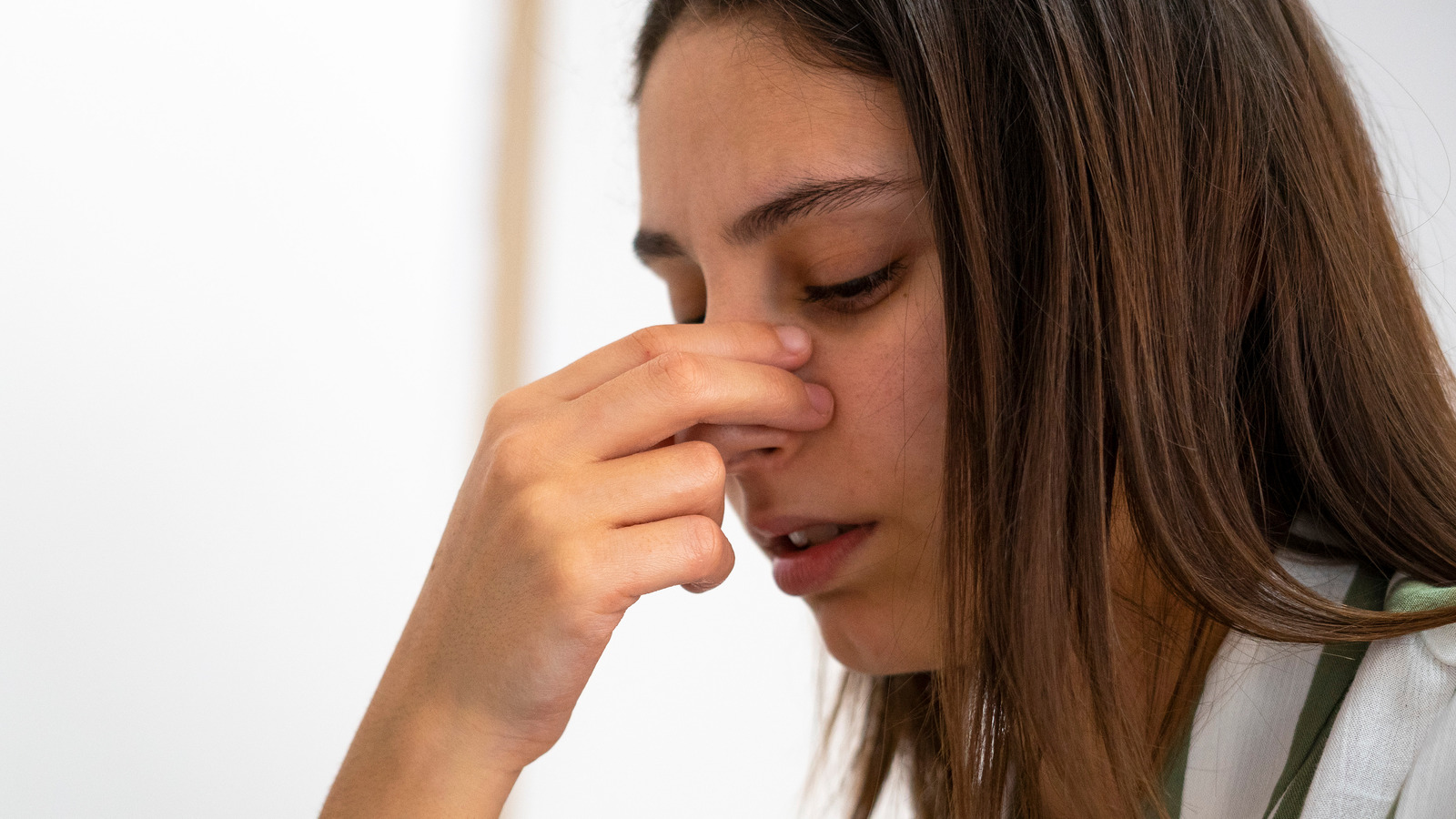
Here's Why Your Nose Hurts

Health Check what’s the right way to blow your nose? Faculty of Medicine University of

Woman blowing her nose Stock Image M130/1032 Science Photo Library

What are Nose Blisters? (with pictures)
/raw-runny-nose-2000-67c791a6e3104f819b3eee27260059c2.jpg)
How to Heal a Raw Nose From Blowing

Dr Marcells Explains How to Blow Your Nose Dr. Marcells
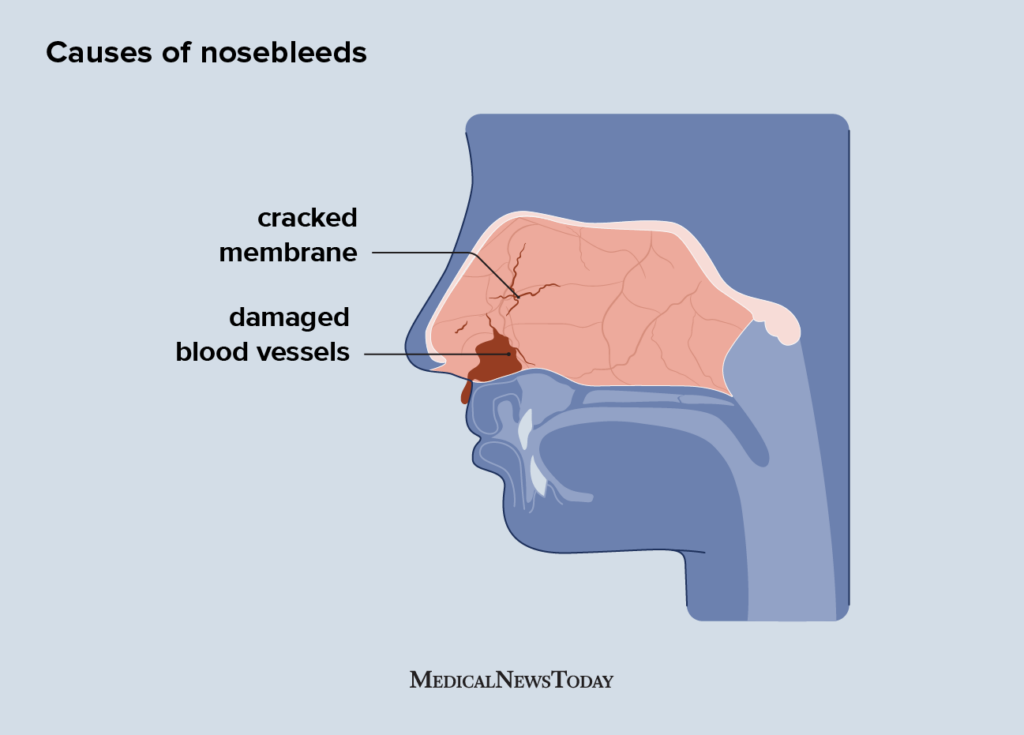
Nosebleeds Causes, treatment, and home remedies
Apply an ointment or balm like Vaseline or Neosporin to chapped nostrils to soothe burning and irritation. Hold a warm, damp washcloth over your nose to relieve pain and provide moisture. Try blowing your nose one nostril at a time to gently release mucus without excessively rubbing your nose with a tissue. Method 1.. If there's ever a time where you feel like you need to blow your nose really hard, use your thumbs to put pressure on the outside of your ears to close them off. Then, use the rest of your fingers to apply a tissue to your nose, Dr. Patel says. "This will at least keep the pressure change in your ears to a minimum," she says.